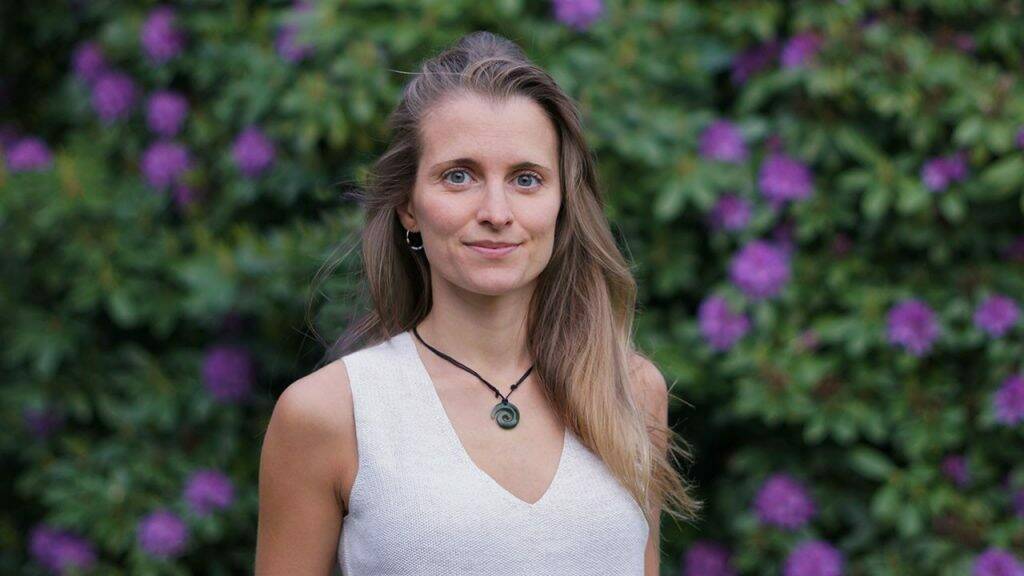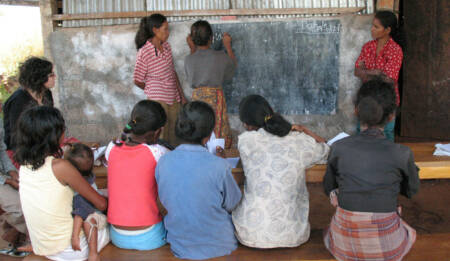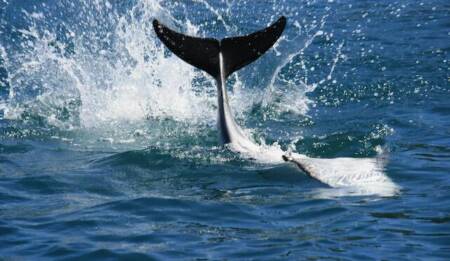Arts Beyond Borders
Decolonisation, racism, gender inequality, poverty… these social justice issues go beyond national borders and deeply affect our young people. Arts Beyond Borders is a free online resource which supports educators to engage young people in these social justice issues through the arts.
The story behind the resource
Arts Beyond Borders was inspired by the question: “How can teachers engage the next generation in big global issues they’ll all have to face in creative and inspiring ways?”.
Led by Dr Marta Estellés, a research fellow at the University of Auckland’s Faculty of Education and Social Work, the project drew together a group of scholars with a common commitment to social justice education from Aotearoa New Zealand – with a particular focus on Māori and Pacific – and countries as diverse as the Philippines, Spain, Germany and Colombia.
“We were really interested in ways to engage young people that weren’t traditional and weren’t based on the idea of the rational citizen to whom you teach something and then they will immediately be good citizens and act responsibly,” says Dr Estellés.
“Instead, we wanted to engage them using arts-based activities to spark ways of thinking about all these issues, beyond borders or combative divisions [of race, gender, class etc]. We tend to see the world as black and white, and that often prevents us from seeing ourselves as all just human beings.”

The website
Colonisation, gender inequality, global citizenship from a Māori perspective, Indigenous rights and the refugee crisis are all covered as teaching units on the project website, as well as an advice section for teachers.
The website also includes a selection of thought-provoking picture books that address a broad range of global issues.
Each unit comes with a clear learning focus and related activities designed to challenge assumptions and imagine what actions could lead to change for the better.

“We need to learn we are all vulnerable so we thought that in that sense, the arts had a lot of potential to create more connections between people and to help them envisage other futures and imagine other possibilities.”
Within any one lesson, students might expect to play interactive games, create and act in scenes, watch, discuss or create videos and images, read and discuss articles, interpret or draw artworks, dance or choreograph their own movements and read or create their own poetry.
Considering the pandemic
Dr Estellés believes the global pandemic has highlighted both the good and bad aspects of humanity, and these resources were designed in this context.
“Covid has exposed not only the deep interconnectedness of our world, but also the pervasive global dynamics generated by social inequalities. These issues now constitute the day-to-day experiences of many young people and schools can’t ignore this reality.”
Our Funding
Art Beyond Borders was funded by us (NZ National Commission for UNESCO) and the Chartwell Trust and supported by Waipapa Taumata Rau University of Auckland.
The project, which is based within the Centre for Arts and Social Transformation (CAST), has already attracted overseas interest from the American Association of Teachers Colleges.
Arts Beyond Borders
Online resource for educators
Explore the website and resources here.



